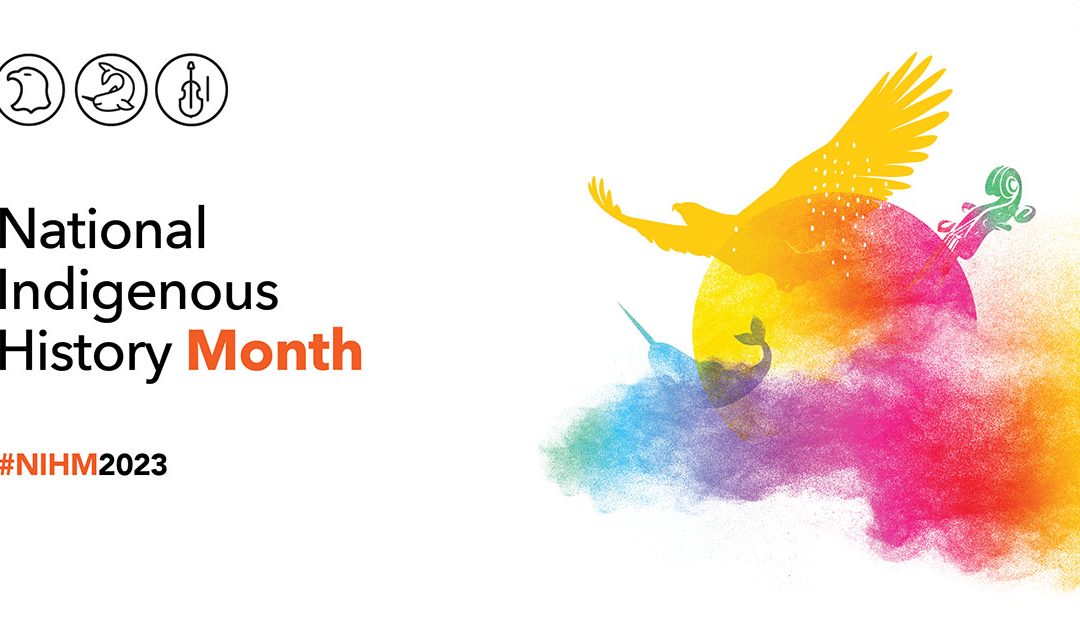June is National Indigenous History Month and staff have compiled a great list of recent releases by First Nations, Inuit and Métis authors from across North America that highlight the diversity of experiences and the common need for continued acts of reconciliation.
For more recommendations check out the list curated by Library staff here or ask us in the branches for more ideas.
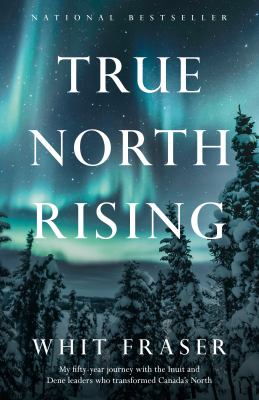
Memoir – True North Rising: My 50-year Journey with the Inuit and Dene Leaders who Transformed Canada’s North by Whit Fraser
In this captivating memoir, Whit Fraser weaves scenes from more than fifty years of reporting and living in the North with fascinating portraits of the Dene and Inuit activists who successfully overturned the colonial order and politically reshaped Canada—including his wife, Mary Simon, Canada’s first Indigenous Governor General.
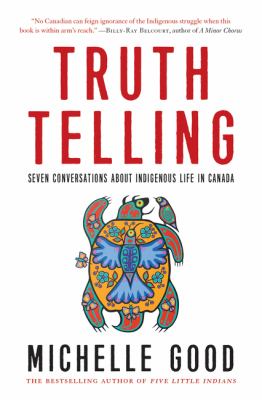
Non-Fiction – Truth Telling: Seven Conversations About Indigenous Life in Canada by Michelle Good
A bold, provocative collection of essays exploring the historical and contemporary Indigenous experience in Canada that reveals facts about Indigenous life that are both devastating and enlightening. Essential reading for those looking to acknowledge the past and understand the way forward.

Non-Fiction – Unbroken: My Fight for Survival, Hope and Justice for Indigenous Women and Girls by Angela Sterritt
A remarkable work of memoir and investigative journalism focusing on missing and murdered Indigenous women, written by an award-winning Gitxsan journalist who survived life on the streets against all odds.
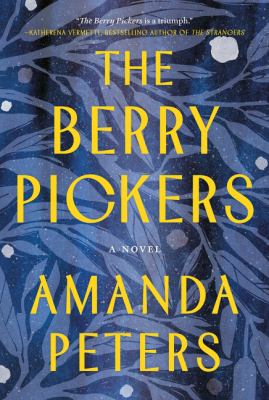
Fiction – The Berry Pickers by Amanda Peters
A stunning debut by a vibrant new voice in fiction, The Berry Pickers is a riveting novel about the search for truth, the shadow of trauma and the persistence of love across time. This story follows one Mi’kmaq family from Nova Scotia that is haunted for decades after their youngest child mysteriously disappears one summer in 1962 when they’re visiting Maine to pick blueberries.
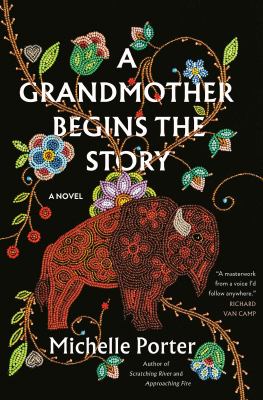
Fiction – Grandmother Begins the Story written by Michelle Porter
Award-winning author Michelle Porter makes her fiction debut with an enchanting and original story of the unrivaled desire for healing and the power of familial bonds across five generations of Métis women and the land and bison that surround them.
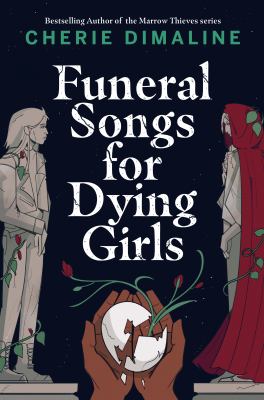
Young Adult Fiction – Funeral Songs for Dying Girls by Cherie Dimaline
After inadvertently starting rumors of a haunted cemetery, a teen befriends a ghost in this brand-new young adult novel exploring Indigenous identity from the critically acclaimed and bestselling author of The Marrow Thieves series.
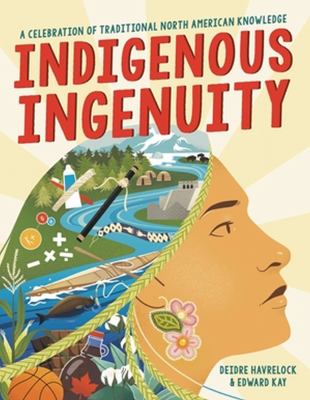
Juvenile Non-Fiction – Indigenous Ingenuity by Deidre Havrelock and Edward Kay; illustrated by Kalila Fuller
Spanning topics from transportation to civil engineering, hunting technologies, astronomy, brain surgery, architecture, and agriculture, Indigenous Ingenuity is a beautifully designed, interactive nonfiction work that celebrates North American Indigenous thinkers and inventions. Perfect for fans of Braiding Sweetgrass by Robin Wall Kimmerer.
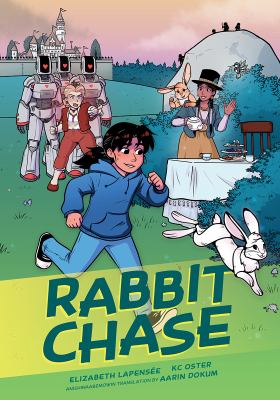
Juvenile Graphic Novel – Rabbit Chase by Elizabeth LaPensée; illustrated by KC Oster
Anishinaabe culture and storytelling meet Alice in Wonderland in this coming-of-age graphic novel that explores Indigenous and gender issues through a fresh yet familiar looking glass. This tale tells the story of Aimée, a non-binary Anishinaabe middle-schooler, who helps Trickster Rabbit track down dark water spirits and save the land from the Evil Queen.

Picture Book – Smile so Big by Sunshine Quem Tenasco; illustrated by Chief Lady Bird
This special story, from award-winning Anishinabe activist Sunshine Quem Tenasco and artist Chief Lady Bird, introduces readers to concepts of self-acceptance, self-empowerment, and recognition of the unique beauty that comes from within as a magical mirror helps a young girl understand her true beauty.

